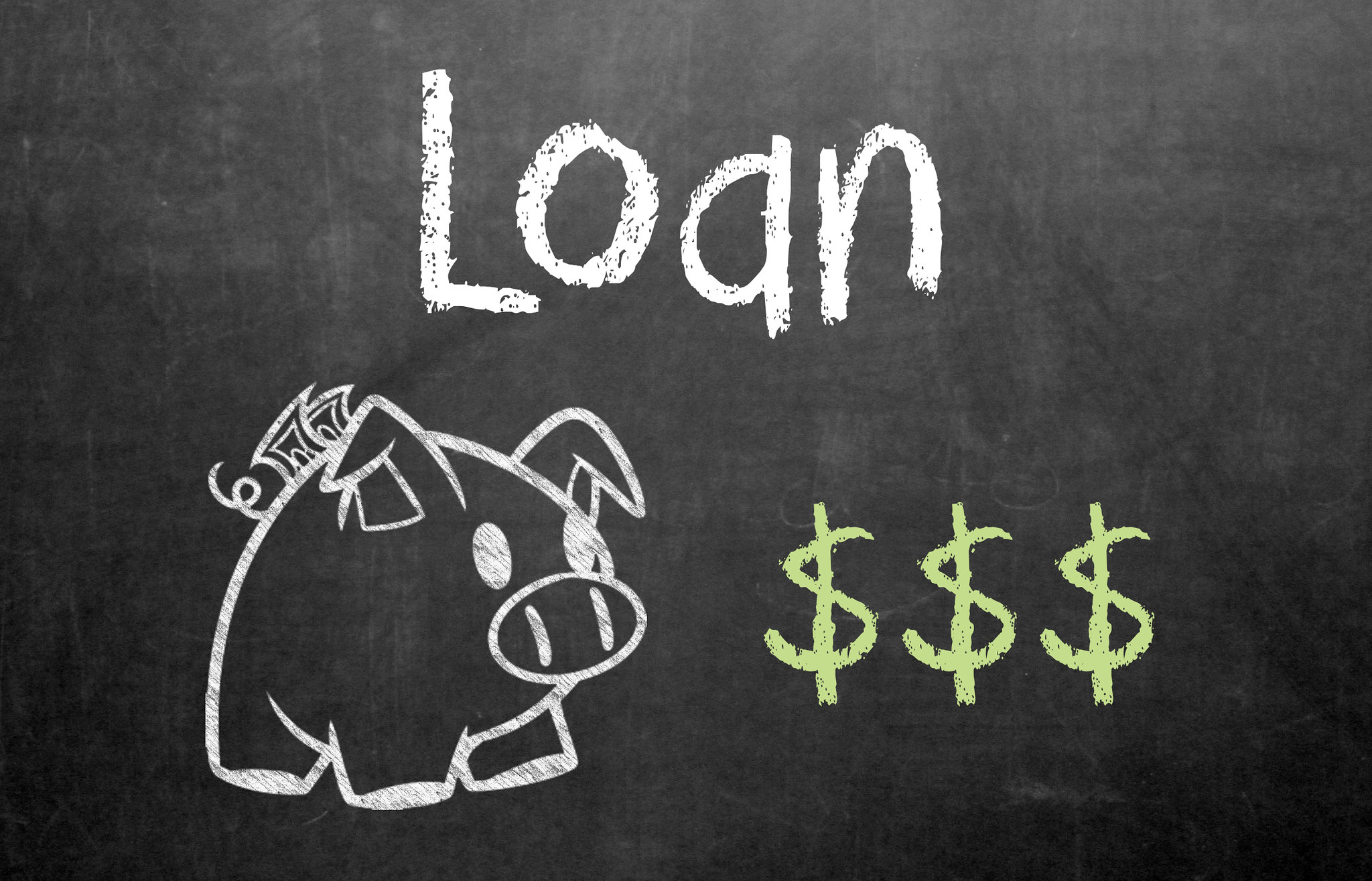Is Consumer Debt Good As Long As You Can Comfortably Pay It Off?
Have you joined the #52WeekChallenge powered by M-Shwari? To join, set up an M-Shwari Lock Savings Account, start saving and you just might get a cash reward. As I post this, we are in Week 25 of the #52WeekChallenge, use the MoneyBox App (for Android) to calculate how much you are supposed to save on a weekly basis and start today!
Short answer is no.
Let me explain.
First, when we talk about consumer debt, we are referring to the debt we take on for anything other than investment purposes i.e. when we borrow money to buy things that do not gain value. I will take on borrowing for investment in a separate post as I would like us to talk about borrowing to consume in this one.
There is a school of thought, especially among salaried folk or those with regular business income, that borrowing for consumption is not a bad financial decision. All that matters is your ability to repay. This school of thought defends the idea of buying to furnish a house, or to pay for a wedding or swiping your credit card on holiday, then paying it off over several months. This is rather popular, and this is why you see all kinds of adverts about things you can buy in installments – beds, phones, TVs, couches etc.
What is the problem with consumer debt if you can pay it off?
The first problem is that your income could change in a flash. I do not need to say much about this, anyone in the employment world has seen people get laid off from good jobs they did a great job of. Those in business know how precarious a good business season can be, things change in a flash. If your income situation changes, the last thing you want is to be left servicing debt for a doodad you bought just because you could afford to pay off the loan.
The second problem with consumer debt even when you can afford it is that it makes us used to instant gratification and a lifestyle we cannot sustain with our income. You cannot achieve financial freedom without cultivating the habit/character trait of delaying gratification. There always will be shiny things tempting you to buy them, and easy credit for you to take.
Finally, when you take credit to buy doodads, the cost is not just the money you are borrowing. There is an additional cost in forgone investment income. You are essentially consuming the seed you could be planting for your future financial freedom. This is the case with almost everything we buy today instead of investing, but it is compounded in the instances when we borrow to consume because we are also paying interest on the seed money.
This comes down to the good old wants versus needs debate. Before borrowing to finance your consumption, think about how critical this item is, and whether it will make a difference in your life 5-10 years from now. I am reminded of the Kiswahili saying, kukopa harusi, kulipa matanga. The pleasure of consumption is short-lived, the pain of paying off debt stays around for longer.
In the next post, we look at instances when it might make sense to borrow, and how to manage your debt levels.




